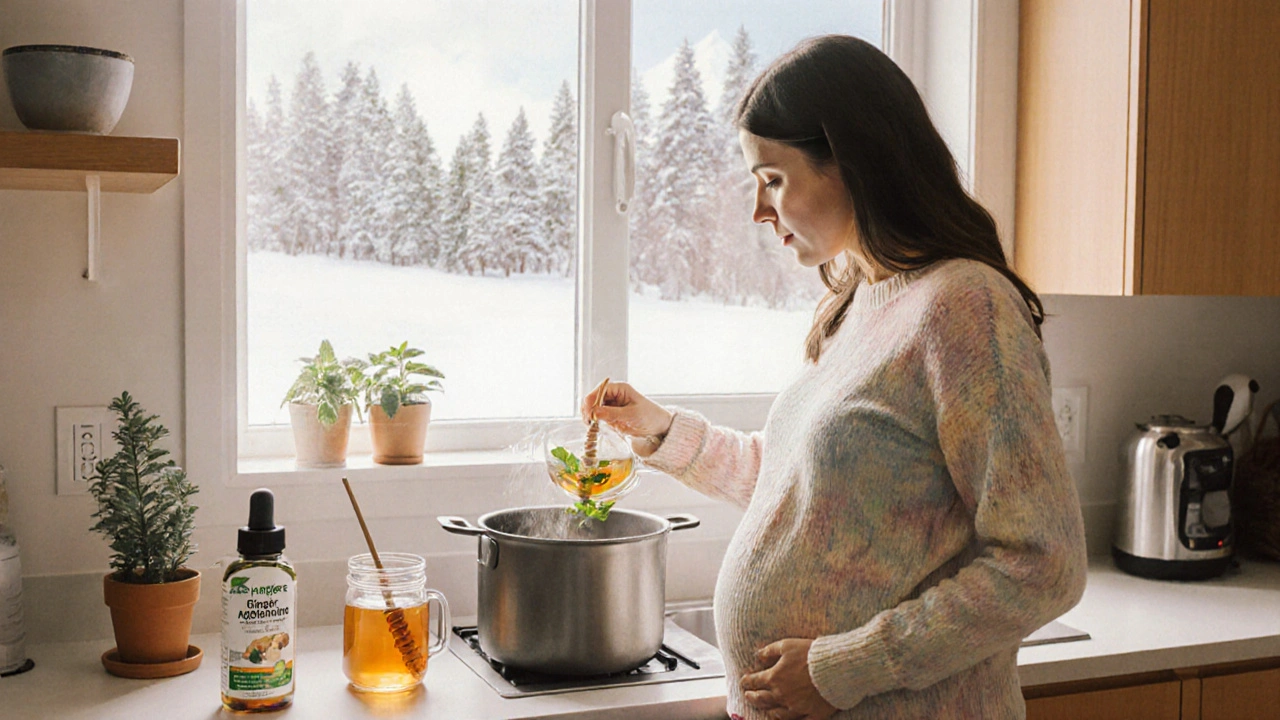Prenatal Allergy Tips: Safe Relief for Expecting Moms
Allergies can feel extra harsh when you’re pregnant, but you don’t have to suffer in silence. A few smart changes in your home, diet, and medicine cabinet can keep sneezing, itching, and watery eyes under control without risking your baby.
Identify Triggers and Clean Your Space
First thing’s first: know what’s setting off your symptoms. Keep a simple diary for a week—note when you sneeze, what you ate, and where you were. Common culprits during pregnancy include dust mites, pet dander, pollen, and mold.
Once you’ve spotted the usual suspects, make small but steady tweaks. Wash bedding in hot water every two weeks, use allergen‑proof covers on pillows and mattresses, and vacuum with a HEPA filter. If you have a cat or dog, keep them out of the bedroom and bathe them weekly to cut down dander.
For pollen, close windows during high‑pollen days and run an air purifier on the bedroom’s night mode. A quick shower before bed can rinse pollen off your skin and hair, reducing nighttime congestion.
Safe Medications and Natural Relief
When avoidance isn’t enough, medication may be needed. The safest first‑line option for most pregnant women is an oral antihistamine like loratadine (Claritin) or cetirizine (Zyrtec). These are category B, meaning studies haven’t shown a risk to the baby. Always double‑check with your OB‑GYN before starting any drug.
If you need a nasal spray, choose a saline rinse or a steroid spray such as budesonide—another B‑rated choice. Use it as directed; a few sprays a day can cut swelling and make breathing easier.
Natural remedies can add comfort, too. A humidifier adds moisture to dry air, easing nasal passages. Warm ginger tea not only soothes a sore throat but also has mild anti‑inflammatory properties. Local honey is popular, but evidence is thin; it’s fine to try if you like the taste, just don’t count on it as a cure.
Stay hydrated—water thins mucus and helps your body flush allergens out. Aim for at least eight glasses a day, more if you’re active or live in a hot climate.
Finally, know when to call your doctor. If you develop wheezing, shortness of breath, or a rash that spreads quickly, seek medical help right away. Some allergy shots (immunotherapy) are safe during pregnancy, but only a specialist can decide if it’s right for you.
Managing allergies while pregnant doesn’t have to be a juggling act. By pinpointing triggers, keeping your home clean, and choosing pregnancy‑approved meds, you can breathe easier and focus on the excitement of the new arrival.
Keep this checklist handy: 1) Track triggers, 2) Wash bedding weekly, 3) Use a HEPA vacuum, 4) Choose B‑rated antihistamines, 5) Stay hydrated, 6) Call the doctor for severe symptoms. Follow these steps and enjoy a calmer, clearer pregnancy journey.

